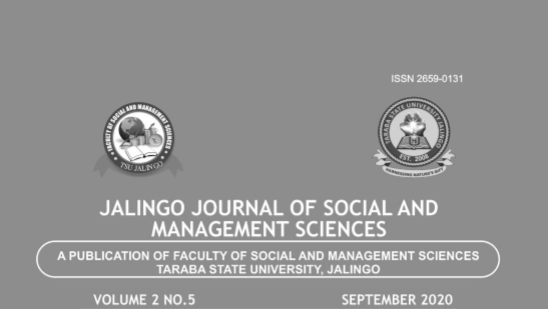Value Added Tax and Performance of Real Sector of Nigerian Economy: A Macro Econometrics Approach
Keywords:
ARDL, Macro Econometrics, Simulation, Real Sector, Value Added TaxAbstract
The debate on the 50% hike Value Added Tax’s (VAT) rate in Nigeria recently has been tense, while supporters of the policy are quick to point out that; Nigeria is among the lowest tax collection rates economies in the world, the critics of the policy are of the view that; Nigerian economy is fragile, its consumer spending is weak, imposing tax rates up at this time would only exacerbate the already existing difficult situation. Against this backdrop, this study examines the VAT and performance of real sector of the Nigerian economy adopting a macro econometrics approach. Annual time series data spanning 1994 and 2018 were sourced from the Central Bank of Nigeria, National Bureau of Statistics, Federal Inland Revenue Services and World Development Indicators Statistical Bulletins. The study employed Autoregressive Distribution Lag (ARDL) Model for estimation and further established a scenario to simulate 50% adjustment in VAT on the real sector of Nigerian economy to predict the impact of the policy for the period of 2020 to 2023. The estimated result reveals that, the actual figures of VAT have positive relationship with real sector variables included in the model except for Whole sale and Retail output in Nigeria. However, the simulated results indicated an adverse relationship between 50% increase in VAT and the real sector’s variables included in the model. In line with these findings, the study recommends for conscious effort in the implementation of new minimum wage by the public and the private sectors; and investment in the public utilities to improve the purchasing power of the citizens and to reduce the cost of doing business in Nigeria.

Downloads
Published
Issue
Section
License
Copyright (c) 2023 JALINGO JOURNAL OF SOCIAL AND MANAGEMENT SCIENCES

This work is licensed under a Creative Commons Attribution-NonCommercial 4.0 International License.
